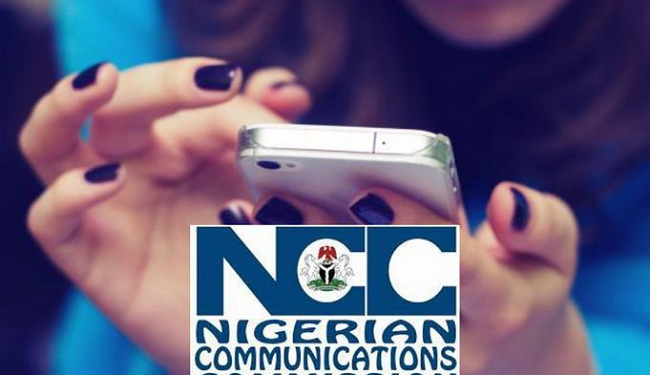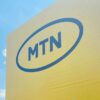The Nigerian Communications Commission (NCC) has directed Deposit Money Banks (DMBs) to begin deducting charges for Unstructured Supplementary Service Data (USSD) transactions directly from users’ mobile airtime, rather than from their bank accounts.
In line with the directive, the United Bank for Africa (UBA) informed its customers via email on Tuesday that, effective June 3, 2025, USSD banking charges would no longer be withdrawn from customer accounts.
“Effective June 3, 2025, charges for USSD banking services will no longer be deducted from your bank account,” the bank said. “Going forward, these charges will be deducted directly from your mobile airtime balance in accordance with the NCC’s End-User Billing model.”
Under the new billing framework, each USSD session will attract a charge of ₦6.98 per 120 seconds, to be billed by customers’ mobile network operators. A prompt will appear at the start of each session, requesting users’ consent. Charges will only apply if the customer confirms and the bank is able to complete the service.
“If you do not wish to continue using USSD banking under this new model, you may choose to discontinue use of the USSD channel,” UBA added.
The bank advised customers to explore alternative digital banking options, such as its mobile app and internet banking platform, for a more seamless experience.
Background: Longstanding dispute over USSD charges
This latest move by the NCC is widely seen as part of efforts to resolve the prolonged dispute between Mobile Network Operators (MNOs) and commercial banks over unpaid USSD service charges—an issue that has accumulated to over ₦250 billion.
In December 2024, the Central Bank of Nigeria (CBN) and the NCC jointly ordered MNOs and DMBs to settle the debt. However, following continued delays, the NCC in January 2025 threatened to suspend USSD services and publish the names of defaulting banks.
On January 15, the regulator instructed telecom operators to disconnect USSD short codes assigned to nine banks by January 27 due to non-payment.
By late February, MTN Nigeria confirmed it had received ₦32 billion out of a ₦72 billion debt owed by banks—an indication that the financial dispute was only partially resolved.
The new end-user billing model aims to shift payment responsibility directly to customers, potentially eliminating the friction between banks and telecom operators while maintaining access to USSD services for millions of Nigerians.


